 How an Oscar winner accepts their award often becomes just as imprinted in the minds of movie fans as the performance or project itself. Roberto Benigni memorably leapt over chairs to gleefully accept his Oscar for Life is Beautiful, a questionable move given the fact that he was being honored for a Holocaust movie (even if it was a lighter one than virtually all over films of its genre). James Cameron shouted “I’m the king of the world!” when claiming his Best Director prize for Titanic, which was famously just a quote from his own film but which likely sounded considerably cockier than he meant to.
How an Oscar winner accepts their award often becomes just as imprinted in the minds of movie fans as the performance or project itself. Roberto Benigni memorably leapt over chairs to gleefully accept his Oscar for Life is Beautiful, a questionable move given the fact that he was being honored for a Holocaust movie (even if it was a lighter one than virtually all over films of its genre). James Cameron shouted “I’m the king of the world!” when claiming his Best Director prize for Titanic, which was famously just a quote from his own film but which likely sounded considerably cockier than he meant to.
Now, there's no rule that says that an Oscar winner needs to match the tone of what their prize is meant to reward. Many winners – even actors accustomed to public performance – don’t deliver particularly put-together speeches, and the shock factor can affect composure and coherence. Nevertheless, here’s a look at this year’s telecast speeches in terms of how well they reflected the achievement they were being honored for...
Best: Olivia Colman, The Favourite
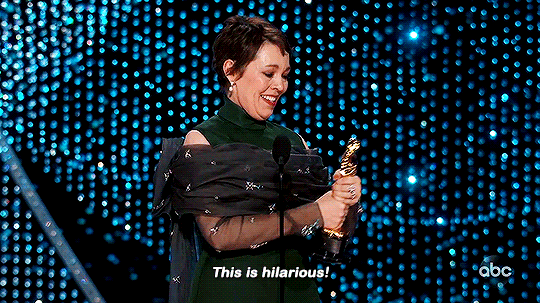
The bewilderment Colman expressed matched the way her character operated and dealt with every situation, embracing her bizarre power and saying whatever it is she felt. The night’s most hilarious and stream-of-consciousness speech felt entirely fitting from the portrayer of the eccentric monarch.
Worst: Live Action Short, Skin
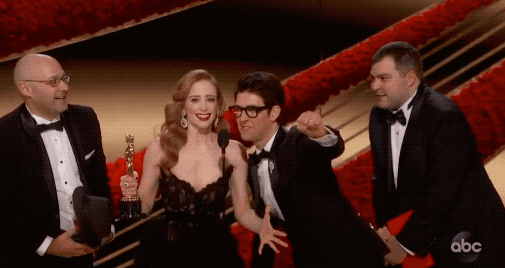
The team behind the winner for Best Live Action Short was easily the most excited bunch of the night, triumphantly and joyfully celebrating their achievement. It’s as if they thought they made Green Book rather than the most brutal, disturbing, and violent entry competing in any category. It might be worthy of praise, but the glee they exuded about such an upsetting film was in poor taste.
Best: Regina King, If Beale Street Could Talk
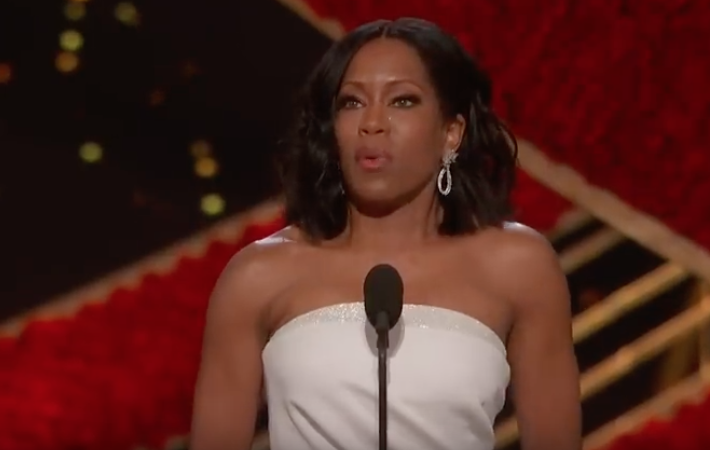
Like her character, King was eloquent and to the point. Both King and the woman she played, Sharon Rivers, understand that the world is the way it is, and even if they can’t make a giant impact, they’re going to do as much as they possibly can to gracefully communicate the way they see it and where change might be possible.
Worst: Free Solo
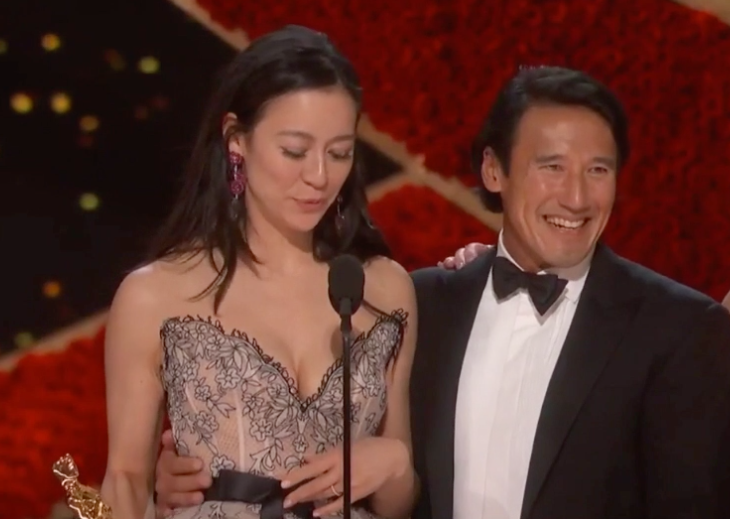
Married couple Elizabeth Chai Vasarhelyi and Jimmy Chin weren’t daunted by the notion of shooting a documentary where their subject could literally fall to his death during filming. Yet their reaction to winning an Oscar and their inability to competently complete sentences didn’t track at all with the focused way in which they dealt with far less predictable situations from behind the camera.
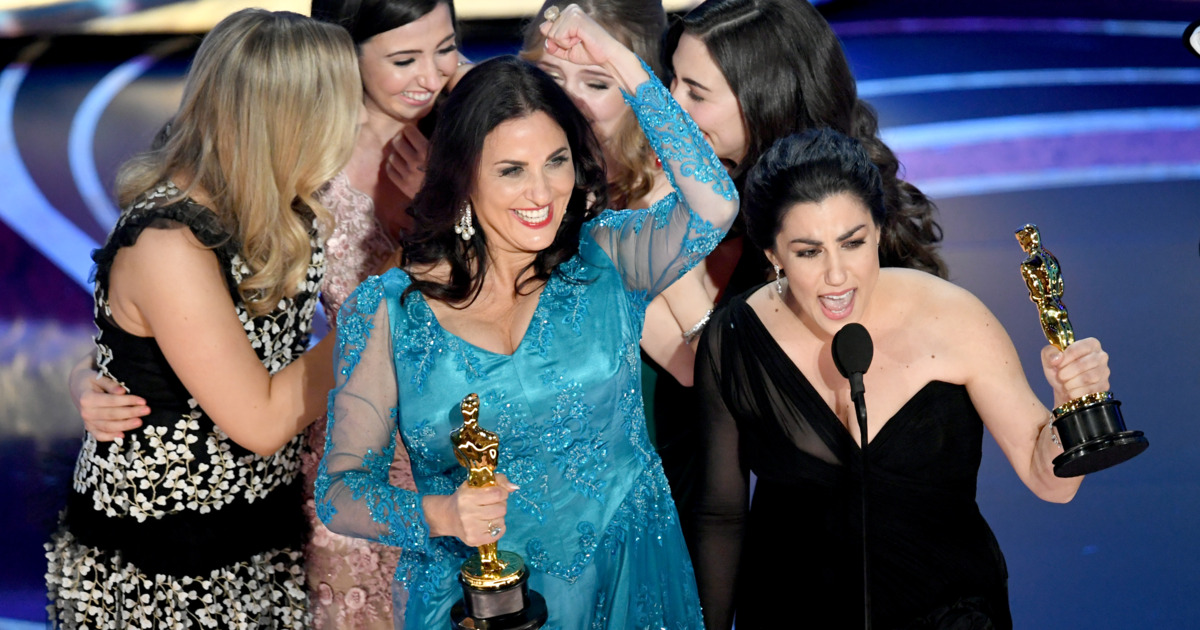
Best: Period. End of Sentence.
Director Rayka Zehtabchi’s comment that she wasn’t crying because she was on her period when she took the stage to accept this award may have seemed inappropriate to those unfamiliar with her winning short, but for those in the know, her attitude jives completely with the optimistic and humorous angle her film, available to screen on Netflix, takes in its approach to society's discomfort and ignorance about menstruation.